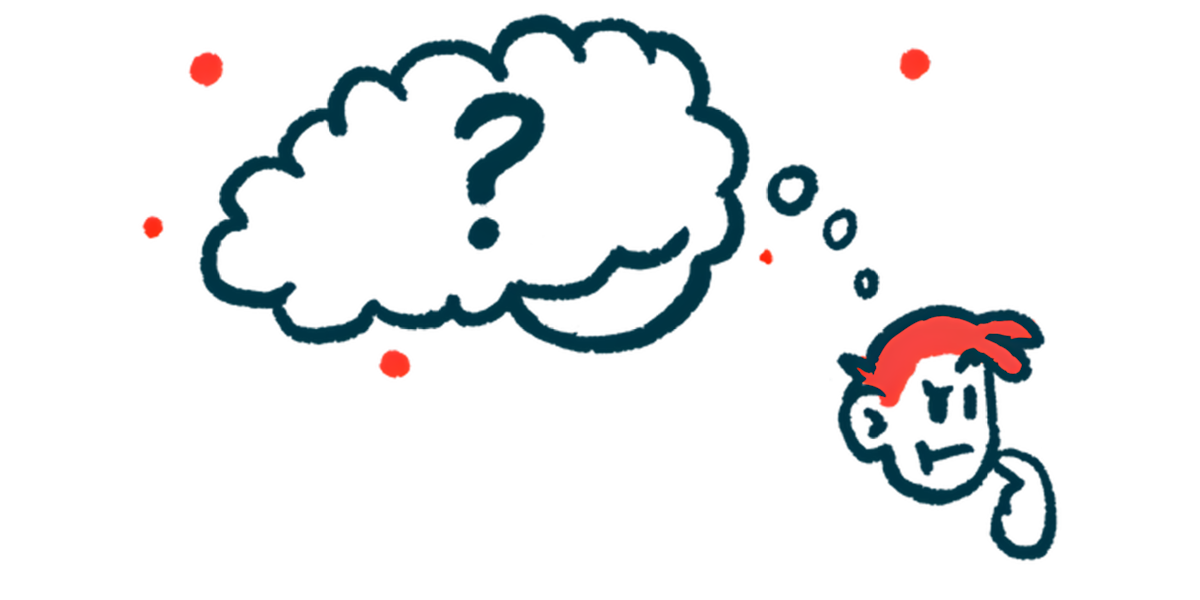Cognition improves, other MS symptoms ease with acupuncture
Small trial enrolled 62 people with RRMS, signs of cognitive dysfunction
Written by |

A three-month course of acupuncture was associated with gains in certain aspects of cognition for people with relapsing-remitting multiple sclerosis (RRMS) in a small clinical trial.
The traditional Chinese medicine was also linked to less fatigue, improved sleep, and reductions in certain psychological problems such as depression.
The findings add to evidence that acupuncture may aid multiple sclerosis (MS) symptoms like cognitive dysfunction that are often difficult to target with standard therapies. The study, “Effects of Acupuncture on Cognitive Functions in Patients with Relapsing-Remitting Multiple Sclerosis: A Randomized Controlled Trial,” was published in the Chinese Journal of Integrative Medicine.
Cognitive dysfunction, including problems with memory, attention, and information processing, is common in MS. While often mild, cognitive impairments can disrupt daily life and are correlated with symptoms such as fatigue, depression, and anxiety among MS patients.
These issues have proven difficult to treat, with disease-modifying MS therapies showing a limited ability to ease cognitive dysfunction. Other approaches such as physical rehabilitation and exercise have shown benefits, but there’s still no standardized approach for managing the symptom.
Recent research has focused on the potential role of complementary and alternative treatments for managing cognitive problems and other symptoms that have proven difficult to treat. Among these is acupuncture, a widely used traditional Chinese practice where small needles are inserted at specific places on the body to stimulate the nerves and balance energy flow. Studies have found that acupuncture may help with various MS symptoms, such as spasticity, pain, fatigue, and bladder problems.
Benefits of acupuncture in MS
Acupuncture has been associated with cognitive benefits, but its effect on cognitive dysfunction in MS isn’t established, leading scientists in Iran to run a small clinical trial that enrolled 62 people with RRMS, ages 18-55, who showed signs of cognitive dysfunction. They were assigned to receive traditional Chinese acupuncture or sham acupuncture (a control group) twice weekly for three months while remaining on routine MS treatments.
Acupuncture needles were inserted at specific points associated with therapeutic benefits such as calming the mind, awakening the brain, and boosting brain blood flow. In the control group, needles were inserted at nonspecific locations with no known acupuncture benefits.
The main goal was to evaluate changes in cognitive function at the end of the regimen, which was assessed by a trained psychologist using BICAMS, or the Brief International Cognitive Assessment for Multiple Sclerosis. BICAMS includes a battery of tests that evaluate various aspects of cognitive function.
Certain aspects of cognitive function were significantly improved in the acupuncture group over the control group after three months, including measures of verbal and auditory memory, along with attention and processing speed. No benefits were observed in visual and spatial memory.
Because cognitive issues in MS correlate with other symptoms, the researchers examined the program’s effects on fatigue, sleep, and psychological problems as secondary outcome measures.
The acupuncture group had significant improvements relative to the control group, including an easing of fatigue and better sleep quality. This included a faster time to falling asleep and reduced use of sleep medications.
Acupuncture was also associated with a significant reduction in the overall severity and burden of psychological problems, including depression, paranoia, obsessive-compulsive disorder, and somatization, where emotional distress causes physical symptoms.
“To the best of our knowledge, there is no research on the effects of acupuncture on cognitive functions among MS patients,” the researchers wrote. “The present clinical data demonstrated that … acupuncture treatment was effective in improving immediate and short-term auditory/verbal memory, attention, and processing speed in patients with RRMS.”
What causes these benefits must still be investigated, but preclinical research in other diseases suggests acupuncture may boost cognition by easing inflammation or helping to clear toxic protein clumps, the investigators said.



